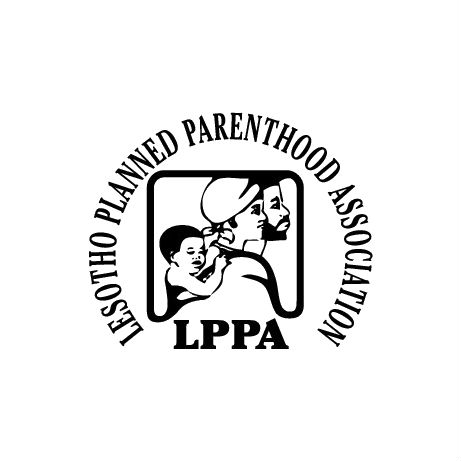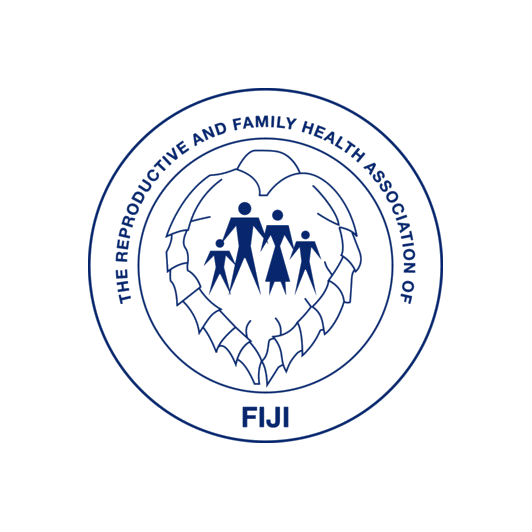

| 31 March 2016
Lesotho Planned Parenthood Association
One of IPPF’s central beliefs is that processes and approaches need to be adapted to meet the specific needs of a country. In Lesotho, a country with one of the highest HIV prevalence rates in the world, LPPA is very active in finding new ways to address neglected needs. LPPA provides a comprehensive range of sexual and reproductive health including: family planning, the management of sexually transmitted infections (STIs), screening for cancers of the reproductive system, the distribution of contraceptives and emergency contraceptives, pregnancy testing, post-abortion care, voluntary counselling and testing (VCT) and the management of infections. Clients are referred to other centres for CD4 tests and ARV treatment. LPPA reaches out to the communities it serves through 47 service points: 10 permanent clinics, 9 private providers, 30 associated agencies, 90 peer educators and 14 community-based distributors (CBDs). There are 54 permanent staff who are supported by over 200 volunteers. An estimated 75% of LPPA's clients are poor, marginalized, socially excluded and/or under-served. Target groups include cattle herders, prisoners, rural populations, factory workers, university students, police trainees and people living with HIV and AIDS. LPPA targets out-of-school children, and disseminates SRH information through drama, puppetry, sports for life, and facilitated discussions. Other education programmes include health talks, workshops, performances and radio and TV shows. In advocacy, LPPA reaches out to teachers, religious leaders and government leaders to promote favourable approaches to, and legislation on, SRH. LPPA has influential partnerships with government health and population departments, and it partners with major non-governmental organizations (NGOs). Donors include Irish Aid, UNDP, the Japan Trust Fund, and IPPF’s Korea Africa Fund. The Member Association has strong linkages with other organizations across the country, particularly in relation to HIV and AIDS.

| 31 March 2016
Reproductive & Family Health Association of Fiji
The Reproductive and Family Health Association of Fiji (RFHAF) was inaugurated in June 1996. It has played a key role in shaping national family planning policy and in promoting sexual and reproductive health (SRH) education, particularly among young people and communities in which myths about the dangers of family planning prevail. The use of contraceptives is still believed by many to cause cancer and immature childbirth. RFHAF has also undertaken concerted national advocacy work (with a particular emphasis on HIV and AIDS) through its involvement with the National Advisory Committee on AIDS and the country co-ordinating mechanism. As such, it played a critical role in securing the HIV Prevention and Treatment Decree which outlaws discrimination, promotes counselling, testing and reporting, assures confidentiality, and legislates on the supply of blood products. The organization’s committed promotion of wider awareness of SRH issues is changing attitudes, and as attitudes change, uptake of services increase.







